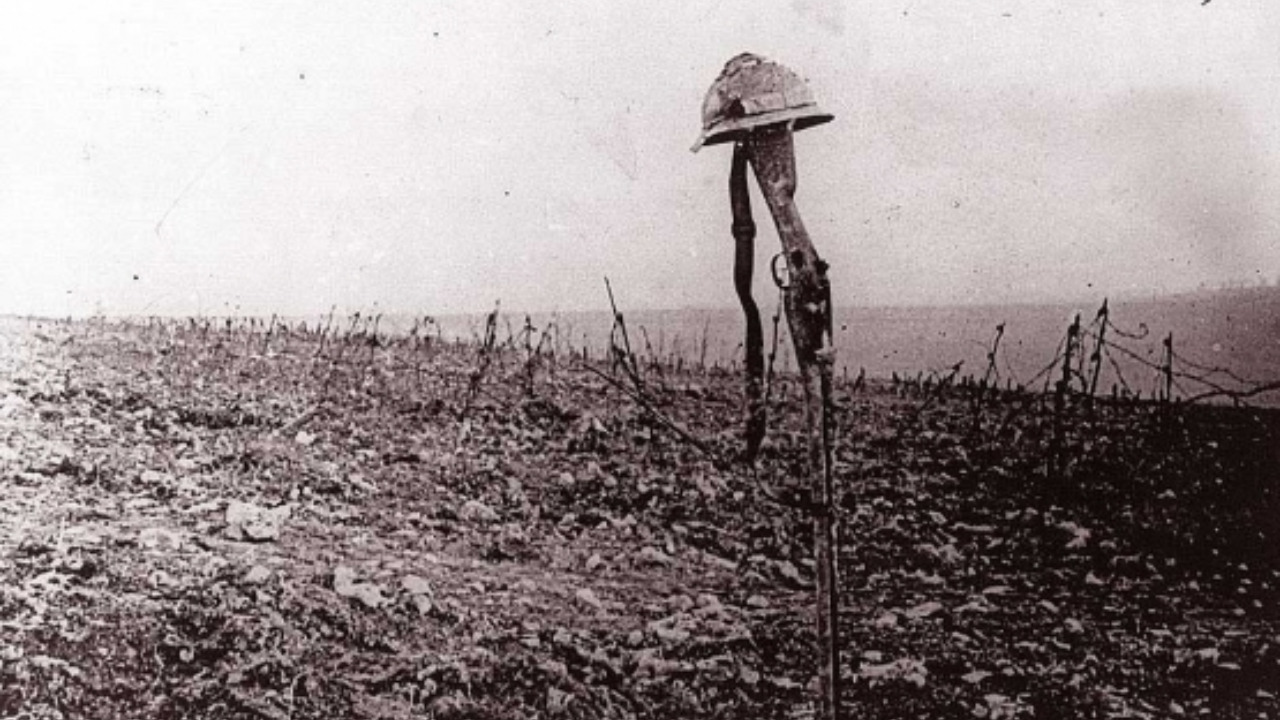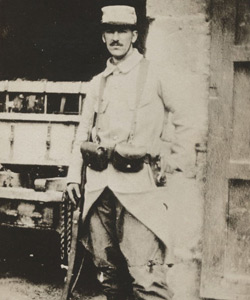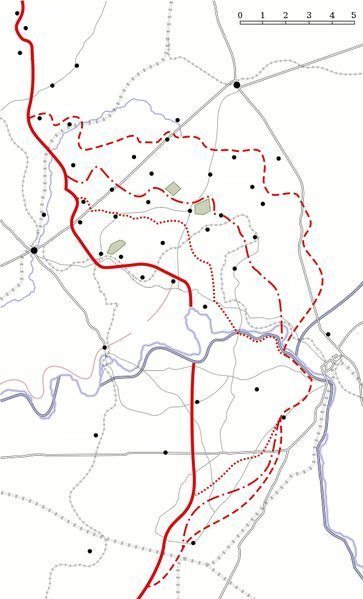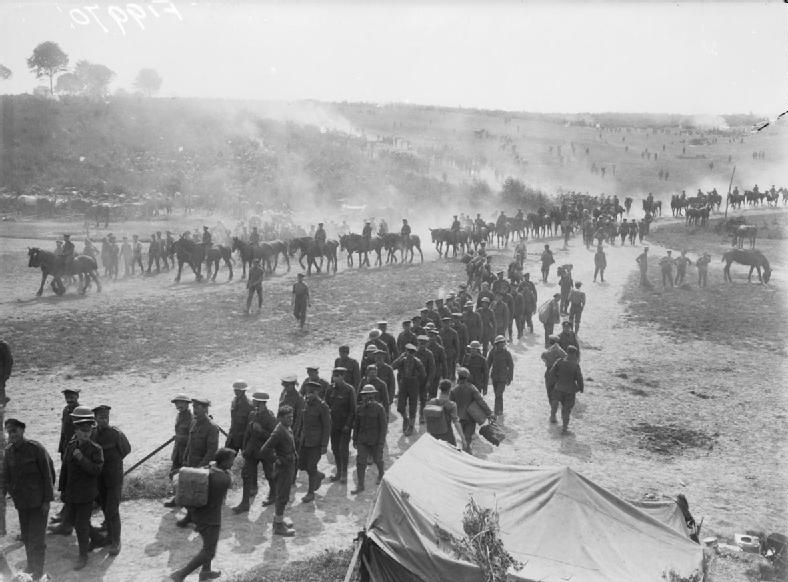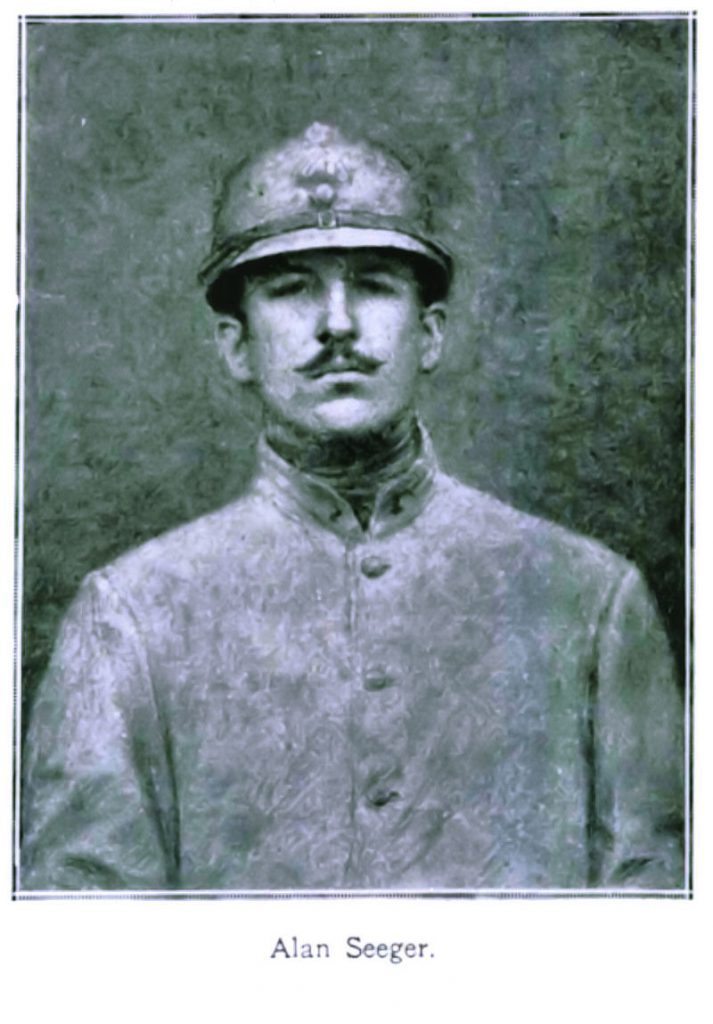“What is this war? It is mud, trenches, blood, rats, lice, bombs, pain, barbed wire, decaying flesh, gas, death, rain, cats, tears, bullets, fear and a loss of faith in all that we once believed in”
Otto Dix
Seeger was one of the first Americans in the early part of the last century to chase a war. I first discovered his poem in a book on World War I and then was reminded of it after seeing the Lost Battalion, starring the Hollywood actor Ricky Schroeder, with some of my close friends. A decent movie. World War I was a war where so many poets, philosophers, writers, educators and learned-men perished. It was also a war where bi-planes, submarines and tanks were used for the first time. For any young man it was a time of wonder but a time of horror. Television was yet to be created. Many homes existed without electricity and most read literature by candle-light. This was a time of dreaming for many young men. By the thousands they caught a fever for battle and ran off to war but instead discovered terror to takes it’s place.
A story is told about a young soldier in a trench with his Sergeant. Mortars rained down death. Giant starshells burst into the night sky. The two huddle in one another’s arms as the young soldier says, “Sergeant, I just s— my pants!” The Sergeant replies back in fear, “So did I. So did I! Welcome to the war!” Whether true or not we still turn up our noses up at the French but we can’t deny the conviction Seeger had to live life and find death on his terms and on his terms alone.
Almost 10 million souls were lost to fighting. World War I was one of the most tragic losses of human life in history. This is not including the millions lost to the 1918 Flu pandemic. Historians believe anywhere from 20-50 million people worldwide perished. The optimistic culture of the Europeans would die vainly. The reality of bone, gas, barbed-wire and blood would wipe the smiles off the faces of the gladdened youth. The Somme was plowed by machine gun fire, grenades and mortars; blood watered the soil. Men were pinned down and felt lifeless and useless. The tools of the trade wouldn’t do anything for either side. A treaty was needed to break the stalemate.
Pointless…pointless…The British Army sacrificed many tens of thousands of men to what avail? Nothing was accomplished as soldiers stared across the open fields looking at soldiers who stared back at them too. No one could comprehend the horrors and disasters. What happened to the idealism of youth; shredded flesh upon sullen, bloody fields and tears.
Seeger was born on 1881 a full 134 years ago from today’s date. So long ago and yet the timelessness of his poem allows us to feel what his youthfulness felt. To accept Death on its terms and in doing so it becomes our terms.
Seeger’s poem gets to the heart of the matter, quickly. He acknowledges that he will die. He can see what transpires around him and reasons simply what his outcome will be. Seeger seems to desire death over life, and with such great losses in our own wars, this longing for death seems plain ignorant to all men. But on closer inspection it isn’t death that he desires. He knows that fighting in a war will likely kill him, but if he is to die then he wants to greet it bravely, and there is nothing wrong with this at all.
He conjured up a certain immortality for himself and only the truly hard of heart would fail to be deeply moved by his solemn poem. There is a remarkable dignity there for someone who enlisted in order to fight for the Allies. The United States hadn’t joined the war until 1917 and so he had to do it by enlisting as a Foreign Legionnaire. His attitude to life is the same soul and spirit of young men who enlist in our forces today. They want to serve bravely.
Here was an aimless, anti-social and wayward boy born in New York who hated the dull-days of his youth. Liberation would come in the form of battle. War gave him a purpose and in that received meaning he would die. On the fourth day of the Battle of the Somme, 4 July, 1916 at Belloy-en-Santerre Seeger would have his Rendezvous with death.
Alan Seeger 1888-1916
I Have a Rendezvous with Death
I have a rendezvous with Death
At some disputed barricade,
When Spring comes back with rustling shade
And apple-blossoms fill the air—
I have a rendezvous with Death
When Spring brings back blue days and fair.
It may be he shall take my hand
And lead me into his dark land
And close my eyes and quench my breath—
It may be I shall pass him still.
I have a rendezvous with Death
On some scarred slope of battered hill,
When Spring comes round again this year
And the first meadow-flowers appear.
God knows ‘twere better to be deep
Pillowed in silk and scented down,
Where love throbs out in blissful sleep,
Pulse nigh to pulse, and breath to breath,
Where hushed awakenings are dear…
But I’ve a rendezvous with Death
At midnight in some flaming town,
When Spring trips north again this year,
And I to my pledged word am true,
I shall not fail that rendezvous.
*The views and opinions expressed on this web site are solely those of the original authors and contributors. These views and opinions do not necessarily represent those of Spotter Up Magazine, the administrative staff, and/or any/all contributors to this site.
